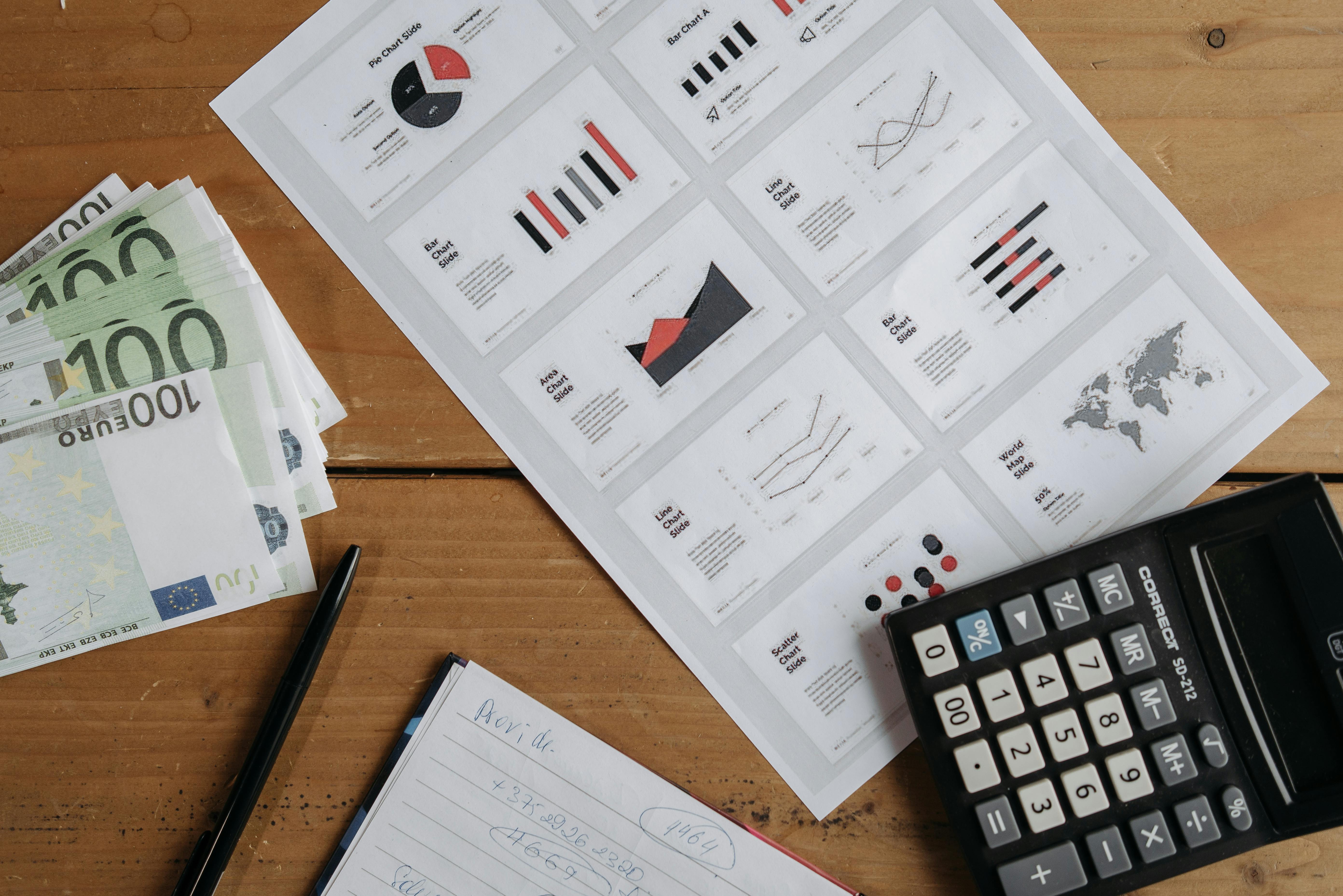
Smart Contracts for Real-World Assets: Transforming Global Asset Management and Tokenization
Smart Contracts for Real-World Assets: A Comprehensive Technical and Legal Analysis
Understanding Real-World Asset Tokenization
Real-world asset (RWA) tokenization represents a groundbreaking technological approach that transforms traditional asset ownership through blockchain-enabled smart contracts. By converting physical and financial assets into digital tokens, this innovative methodology creates unprecedented liquidity, fractional ownership, and transparent transactional frameworks across multiple asset classes.
Technological Infrastructure and Legal Frameworks
The technological infrastructure supporting RWA tokenization requires sophisticated smart contract architectures that seamlessly integrate complex legal requirements across international jurisdictions. Jurisdictions like Switzerland, Liechtenstein, and the Cayman Islands have developed robust regulatory environments that facilitate sophisticated digital asset frameworks.
Key Regulatory Considerations
Multijurisdictional compliance demands intricate legal engineering, particularly when tokenizing assets ranging from real estate to intellectual property. The United States Securities and Exchange Commission (SEC) and international regulatory bodies have progressively developed nuanced guidelines addressing digital asset representations.
Top RWA Tokenization Protocols
| Protocol | Jurisdiction | Primary Focus | Total Value Locked (2024) |
|---|---|---|---|
| Centrifuge | Switzerland | Private Credit | $350M |
| Maple Finance | Cayman Islands | Corporate Lending | $275M |
| RealT | United States | Real Estate | $125M |
| Goldfinch | Delaware, USA | Emerging Market Lending | $200M |
Technical Architecture of Smart Contracts
Smart contracts enabling RWA tokenization require sophisticated multi-layered architectures that address:
- Immutable ownership verification
- Regulatory compliance mechanisms
- Advanced cryptographic security protocols
- Complex fractional ownership structures
Market Analysis and Growth Projections
According to recent market research from McKinsey & Company, the global RWA tokenization market is projected to reach $5-10 trillion by 2030, representing a transformative shift in digital asset management and global financial infrastructure.
Emerging Technological Innovations
Emergent technologies like zero-knowledge proofs, advanced oracles, and cross-chain interoperability protocols are dramatically expanding the capabilities of RWA smart contract implementations. These technological advancements enable more complex, secure, and efficient asset representations.
Security and Compliance Considerations
Comprehensive security frameworks must address multiple dimensions, including:
- Cryptographic asset authentication
- Multi-signature transaction verification
- Continuous regulatory compliance monitoring
- Advanced identity verification protocols
International Legal Perspectives
Legal frameworks in jurisdictions like Liechtenstein's Blockchain Act and Switzerland's DLT regulations provide comprehensive guidelines for digital asset representation, offering clarity and investor protection.
Future Implications
The convergence of blockchain technology, advanced cryptography, and sophisticated legal frameworks is creating unprecedented opportunities for global asset democratization and liquidity enhancement.
About RWA.codes
RWA.codes specializes in developing cutting-edge blockchain solutions for complex asset tokenization challenges. Our multidisciplinary team combines deep technological expertise with comprehensive legal understanding to create robust, compliant digital asset platforms.